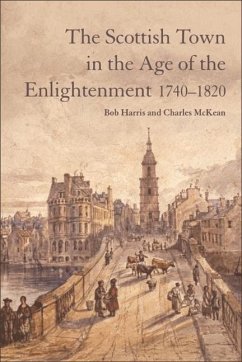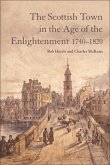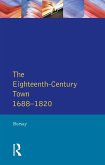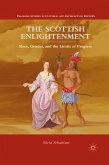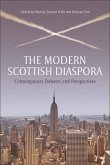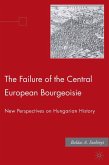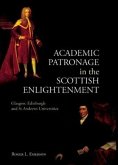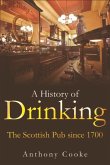This heavily illustrated and innovative study is founded upon personal documents, town council minutes, legal cases, inventories, travellers' tales, plans and drawings relating to some 30 Scots burghs of the Georgian period. It establishes a distinctive history for the development of Scots burghs, their living patterns and legislative controls, and shows that the Scottish urban experience was quite different from other parts of Britain. With population expansion, and economic and social improvement, Scots of the time experienced immense change both in terms of urban behaviour and the decay of ancient privileges and restrictions. This volume shows how the Scots Georgian burgh developed to become a powerfully controlled urban community, with disturbance deliberately designed out. This is a collaborative history, melding together political, social, economic, urban and architectural histories, to achieve a comprehensive perspective on the nature of the Scottish Georgian town. Not so much a history by growth and numbers, this pioneering study of Scottish urbanization explores the type of change and the quality of result. Key FeaturesA pioneering study of how Scottish urban life changed during the 18th century, to be matched against the well-covered English town.Combines social, economic, architectural and urban history in a systematic, comparative manner.The product of an extensive 3-year AHRC-funded research project into extensive, yet untapped primary sources.This research significantly revises current historiography about the Scots urban evolution and the nature of 'British' towns.Heavily illustrated, the pictures being as much of the message as the text.
Dieser Download kann aus rechtlichen Gründen nur mit Rechnungsadresse in A, B, BG, CY, CZ, D, DK, EW, E, FIN, F, GR, HR, H, IRL, I, LT, L, LR, M, NL, PL, P, R, S, SLO, SK ausgeliefert werden.

